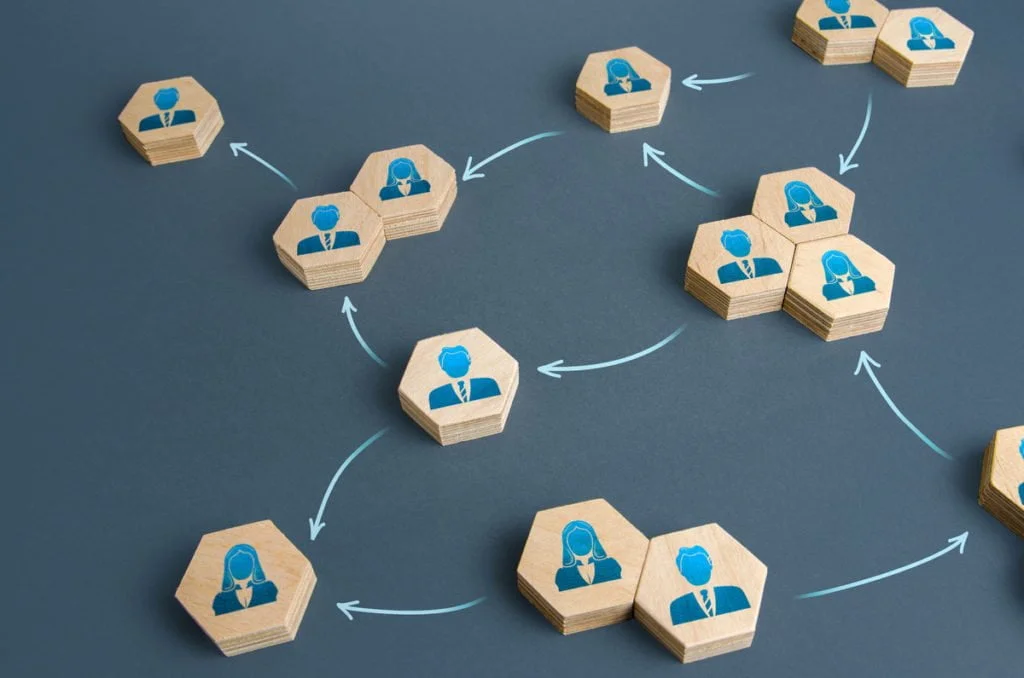CDO Challenges – Building data literacy across an organisation

In this ongoing series, DataIQ examines the challenges faced by CDOs such as how data literacy can be built across an entire organisation. We will look at where CDOs can identify the starting points and the introductory steps that can be taken to create a foundation for business-wide success.
5 reasons why data literacy is so hard to achieve

Just as owning a Ferrari does not make you a Formula One driver, so having built a centralised data asset does not make your organisation data literate. Plenty of obstacles get in the way of building out a shared culture and set of behaviours. David Reed identifies five typical challenges.
DataIQ Member’s briefing – What do we do when bad data things happen to good data tech?

Despite best efforts and forward planning, problems arise in all shapes, sizes and seriousnesses within data. So, what do we do when bad data things happen to good data tech? DataIQ members came together to explore past experiences, how they were handled and what can be learnt from them to help other data leaders prepare for potential problems in the future.
AI regulation policy and the impact on organisations

Following the announcement of the latest government policy paper, “Establishing a pro-innovation approach to regulating AI”, DataIQ’s Peter Galdies examines how these new policies may impact organisations and his thoughts on real-world issues that may arise for DataIQ members because of the new policies being announced.
Why democratising skills is fundamental to achieving data maturity

This report is an opportunity to explore the true value of data maturity and how coordinating your data skills development across departments can lead to effective results and better overall data literacy.
Should businesses decentralise data to keep evolving?

It is widely accepted that for many business structures decentralisation is the way forward, but how far should a business decentralise to continue its evolution? In this article, DataIQ provides an overview of the three main decentralisation options and their pros and cons.
Upskilling Data Leaders

We have asked those who have made it into the DataIQ 100 to share their views on what key skills contribute to success and how to develop those skills. In this guide we share what some of the industry leaders who have made the list believe is fundamental in achieving success in these areas
DataIQ Member’s briefing – Is finance the next big skills area for data leaders?

Finances rule a huge part of business operations, so should data leaders consider finance skills the next big area of focus? There has been ongoing debate about how data teams can communicate with other departments and how this influences the value and standing of data. A group of DataIQ members explored the ways in which delving into finance skills could be the next way to improve businesses.
DEI in data: Many bridges still to cross

Diversity is essential for a well-rounded, functioning data office and implementing a recruitment approach that understands intersectional diversity is the way forward. Research indicates that highly diverse teams produce better results with reduced algorithmic bias, which is a necessity for organisations aiming to be leaders in their field.
More than just a number: Expressing the non-financial value of data

An ongoing struggle for those working in data and analytics has been communicating the value of data outside of common metrics such as financial implications. DataIQ member Ordnance Survey discusses highlighting real-world impacts of data and the use of storytelling to further legitimise the standing of data in an organisation and to improve a wider understanding outside of the data office.
Levelling up data positions: Regional salary differences and remote working

In the UK, London has always been the centre for the highest paying positions followed by other major cities, but with the development of remote working capabilities this trend may not be true much longer. A recent report has shown that the gap between pay for similar data jobs across the UK has been decreasing rapidly.
DataIQ Leaders briefing – How do we ensure data keeps its seat in the big conversations?

How can data offices and data leaders maintain their position at the table for large organisational conversations? In recent years, data offices have worked hard to establish their value and legitimacy, so how can this continue now that data is a regular part of beard discussions? A recent DataIQ roundtable discussed the different ways that this can be achieved.
DataIQ Leaders briefing – What gets HR onboard with the right role definitions for analysts?

The ongoing staffing difficulties for the data community requires collaboration with HR offices, but how can the data team ensure that HR is sourcing the best candidates for the job? A recent DataIQ roundtable examined the question “what gets HR onboard with the right role definitions for analysts?” and discussed ongoing issues facing data teams looking to retain staff and fill gaps.
DataIQ Leaders briefing – Enhancing the status of data

DataIQ members delved into the question “Do data platform projects enhance the status of data, or reinforce the perception that it is a technology function?” at a roundtable in April 2022. The conversation honed in on the ideas of business language and the importance of building a case to demonstrate value to enhance data’s status.
Managing marketing data in the first-party era

This report, conducted in collaboration between Acxiom and DataIQ, examines customer data and the challenges this poses to marketing.
Maintaining Possession: Examining the growth of data in football

Data teams have been readily adopted in the corporate world, but the uptake of data offices in professional football has been slower. To take us through the developing world of football data, Luke Stopforth, head of data and technology at Brentford FC sat down with DataIQ to discuss the ways in which Brentford FC helped add momentum to the adoption of data offices, how data is being used at the highest levels of competitive football and the concerns surrounding ownership.
Howzat? The data behind sport

The variation in gameplay for cricket is diverse thanks to multiple competition formats and intricate data knowledge can make the difference for a test match lasting five days. To explain this in more detail, Hannah Jowitt, Disability and Pathway Analyst at the England & Wales Cricket Board, spoke with DataIQ to explore the changes in cricket data in recent years, where it looks set to go and how data is helping select the future stars of the sport.
Reach for the stars: How The Telegraph is deploying editorial analytics

How is traditional print media adapting to the digital changes and demands of the modern reader? DataIQ sat down with Emma Wicks, head of editorial insight and analytics at The Telegraph, to discuss the evolving landscape for content, how journalism uses metrics and how a well-established business is keeping up with new platforms.
Keep your eye on the ball: How data analysis is impacting football in Spain

Football is the number one sport in the world, but how can it be improved for players, teams, fans and more? Rafael Zambrano, head of data science at LaLiga, spoke with DataIQ to explain where data and analytics were for Spain’s top flight football league and where it is set to go in the future.
DataIQ 100 USA names Naras Eechambadi number 1, showcases American data leadership

Launch of the most influential 100 people in data working in the United States of America identifies high-flying chief data officers and chief analytics officers, with data leader of Universal Music Group heading the pack.
